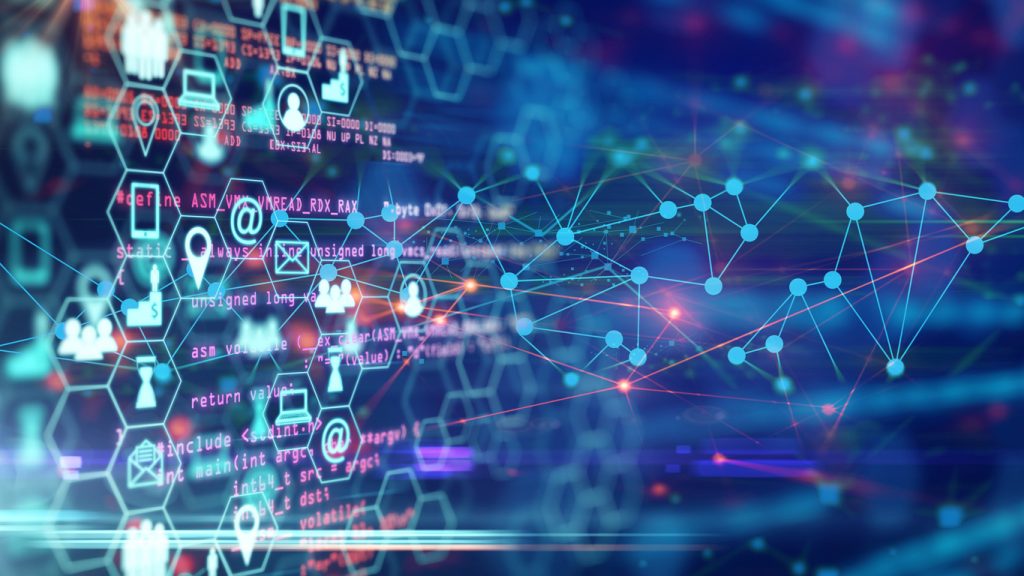Artificial Intelligence (AI) has rapidly evolved over the past decade, transforming various industries and aspects of daily life. From virtual assistants like Siri and Alexa to self-driving cars and medical diagnosis systems, AI has integrated into our lives in ways we never imagined. As we look towards the future, it’s essential to understand how AI will continue to shape the world in the next five years.
1. Advancements in Deep Learning: Deep learning, a subset of AI that mimics the human brain’s neural networks, has been a game-changer in the field. Over the next five years, we can expect even more significant advancements in deep learning algorithms, leading to more accurate and efficient AI systems. These advancements will enable AI to handle more complex tasks and make decisions with a higher level of accuracy.
2. Increased Automation: Automation has already revolutionized industries like manufacturing and customer service, but we can expect even more automation in the coming years. AI will continue to automate repetitive tasks, freeing up human workers to focus on more creative and strategic tasks. This will lead to increased productivity and efficiency in various sectors.
3. Improved Personalization: AI has already enabled personalized experiences in areas like marketing and e-commerce, but over the next five years, we can expect even more personalized interactions. AI algorithms will analyze vast amounts of data to tailor experiences to individual preferences, leading to higher customer satisfaction and engagement.
4. Enhanced Security: With the rise of cyber threats and data breaches, AI will play a crucial role in enhancing security measures. AI-powered cybersecurity systems will be able to detect and respond to threats in real-time, protecting sensitive information and preventing cyberattacks. This will be essential as businesses and individuals rely more on digital platforms for communication and transactions.
5. Smarter Healthcare: AI has already made significant advancements in healthcare, from diagnostic tools to personalized treatment plans. In the next five years, we can expect AI to revolutionize healthcare even further. AI will enable more accurate and timely diagnoses, personalized treatment plans, and better healthcare outcomes overall. Additionally, AI will streamline administrative tasks, improving efficiency in healthcare facilities.
6. AI Ethics and Regulation: As AI becomes more prevalent in society, ethical concerns will become more prominent. Issues like bias in AI algorithms, data privacy, and job displacement will need to be addressed through regulation and ethical guidelines. Over the next five years, we can expect increased scrutiny and regulation of AI applications to ensure they are used responsibly and ethically.
7. AI in Education: AI has the potential to transform education by personalizing learning experiences, automating administrative tasks, and providing valuable insights for educators. In the next five years, we can expect AI to become a more integral part of the education system, helping students learn more effectively and teachers provide individualized support.
8. AI Assistants: Virtual assistants like Siri and Alexa have become an essential part of our daily lives, but over the next five years, we can expect AI assistants to become even smarter and more intuitive. They will be able to understand context better, anticipate our needs, and provide more relevant and timely information. AI assistants will continue to evolve into valuable tools for productivity and convenience.
9. AI in Agriculture: The agriculture industry is poised to benefit significantly from AI technologies in the next five years. AI-powered systems can monitor crop health, optimize irrigation and fertilization, and predict yield with greater accuracy. This will enable farmers to make data-driven decisions that improve efficiency and sustainability in agriculture.
10. AI in Transportation: Self-driving cars are already on the road, but over the next five years, we can expect AI to revolutionize transportation even further. AI-powered systems will enhance safety, reduce traffic congestion, and improve overall transportation efficiency. Additionally, AI will play a crucial role in the development of smart cities, optimizing traffic flow and reducing emissions.
In conclusion, the future of AI holds tremendous potential for transforming various aspects of society and economy. With advancements in deep learning, increased automation, improved personalization, and enhanced security, AI will continue to revolutionize industries and improve daily life. It is essential for policymakers, businesses, and individuals to embrace these advancements responsibly and ensure that AI is used ethically and for the benefit of all. The next five years will undoubtedly be an exciting time for AI, with endless possibilities for innovation and growth.

